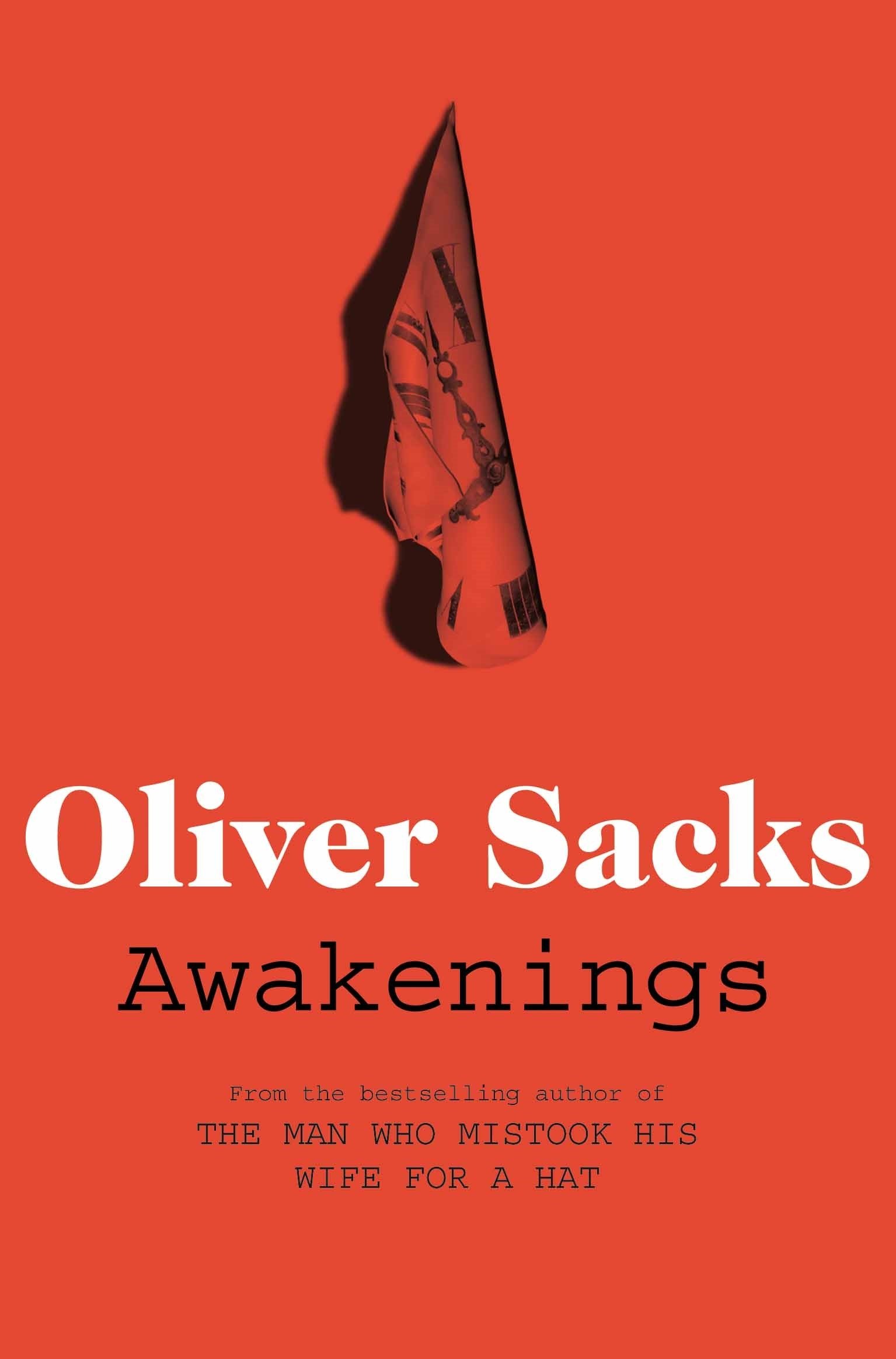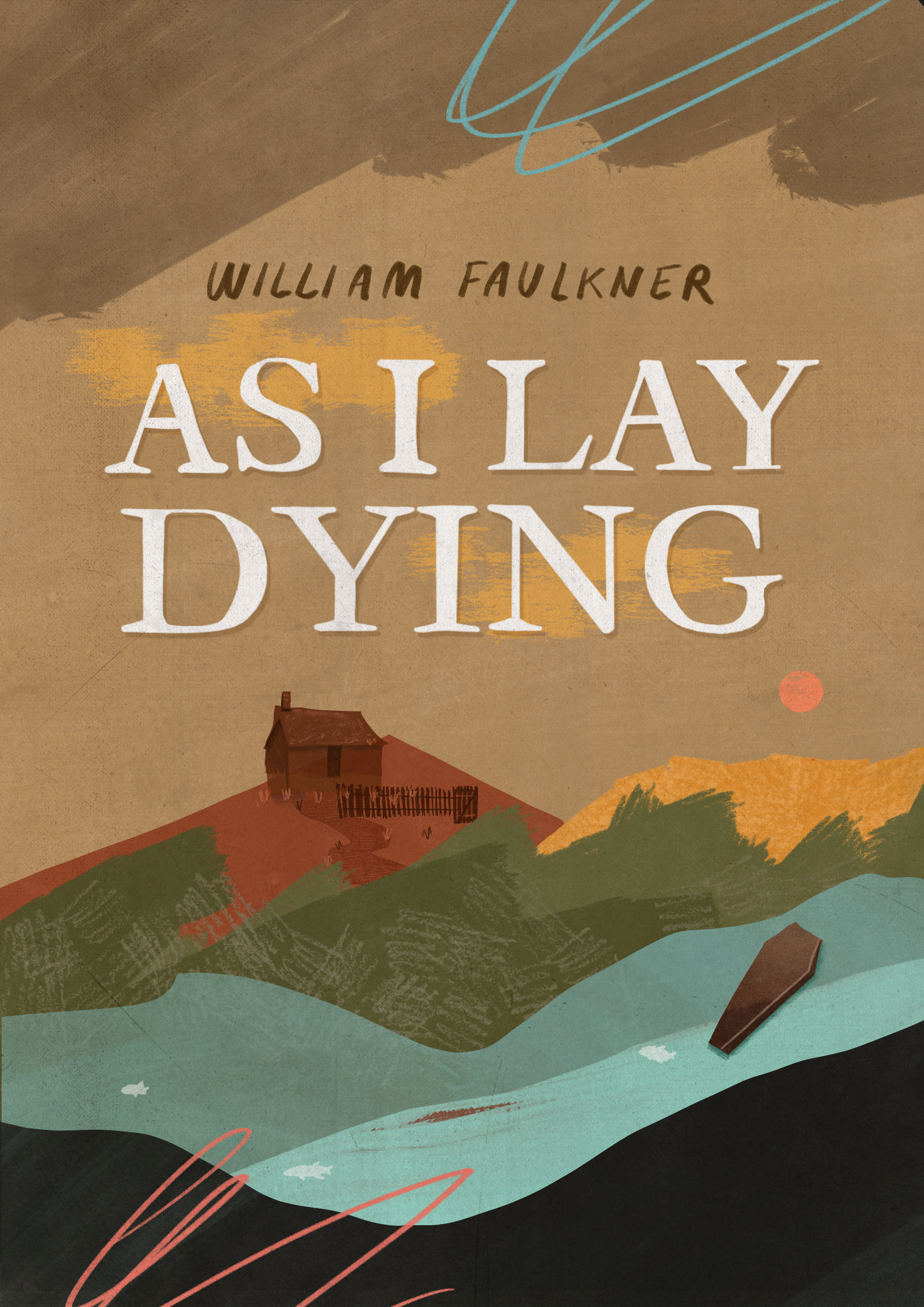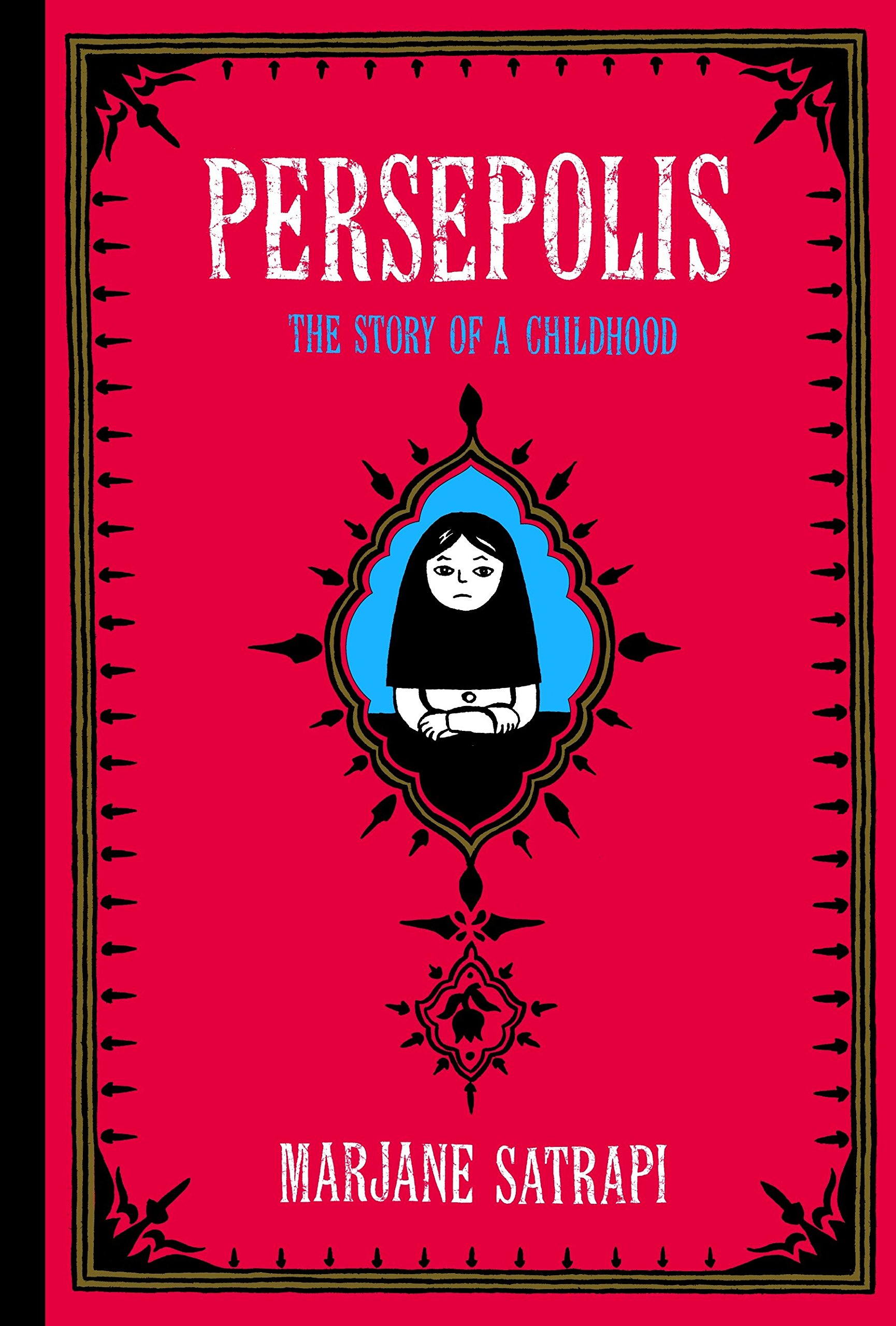
Against Interpretation
Susan Sontag
The ideal or the dream would be to arrive at a language that heals as much as it separates.
We live in a time in which tragedy is not an art form but a form of history.
It was from a weekly visit to the cinema that you learned (or tried to learn) how to strut, to smoke, to kiss, to fight, to grieve. Movies gave you tips about how to be attractive (...). But whatever you took home from the movies was only part of the larger experience of losing yourself in faces, in lives that were not yours - which is the more inclusive form of desire embodied in the movie experience. The strongest experience was simply to surrender to, to be transported by, what was on the screen
Against Interpretation was Susan Sontag's first collection of essays and is a modern classic. Originally published in 1966, it has never gone out of print and has influenced generations of readers all over the world. It includes the famous essays 'Notes on Camp' and 'Against Interpretation', as well as her impassioned discussions of Sartre, Camus, Simone Weil, Godard, Beckett, Lévi-Strauss, science-fiction movies, psychoanalysis, and contemporary religious thought. This edition has a new afterword, 'Thirty Years Later,' in which Sontag restates the terms of her battle against philistinism and against ethical shallowness and indifference.
Advertisement
More Interesting Books
Advertisement



















